Infection and Immunity nieuws
Jul 28: Travelers wanted for research into mosquito and tick-borne infections
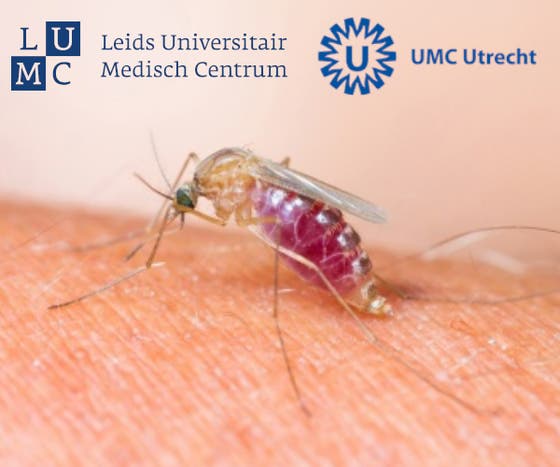
Summer vacation has started for many people and this time of the year often brings a lot of mosquitoes and ticks. In addition to nasty tickles, red spots and bumps, these insects can also transmit diseases to humans and animals. UMC Utrecht and LUMC today start a study (One Health Travel Study) into the prevention of mosquito and tick-borne infections and are looking for 1,000 travelers who want to contribute.
Read moreJul 27: Automated surveillance of healthcare-associated infections
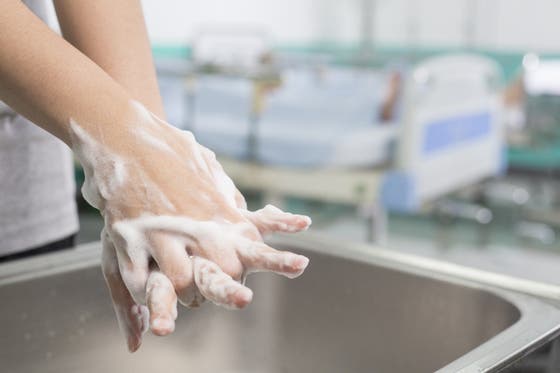
Automated surveillance of healthcare-associated infections uses routine-care data stored in electronic health records (EHR) to identify patients who (may) have developed a HAI. These systems reduce the workload of manual surveillance, thereby freeing up infection control practitioners' time; in addition, it can provide better standardization of surveillance results by facilitating data collection and standardizing case ascertainment.
Read moreJul 21: May contain traces of peanut . . .
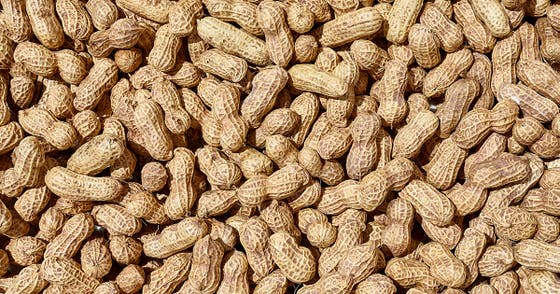
New research on allergen information on food labels provides concrete recommendations for the market Imagine that your friend has a peanut allergy and he is coming to visit you. You go to the supermarket, looking for a biscuit to go with your coffee. Do you look at the label to see if the biscuit contains peanuts? And if it says 'may contain traces of peanuts', do you buy it or not? Researchers from Utrecht University, UMC Utrecht and TNO wanted to know how people interpret and assess the allergen information on labels. The study showed that less than 50 percent of the food-allergic and non-allergic Dutch participants believe that the information on allergens is clear. The information on labels is not unambiguous, even though it would help consumers make the right choice.
Read moreJul 2: UMC Utrecht starts clinical trial into possible corona treatment
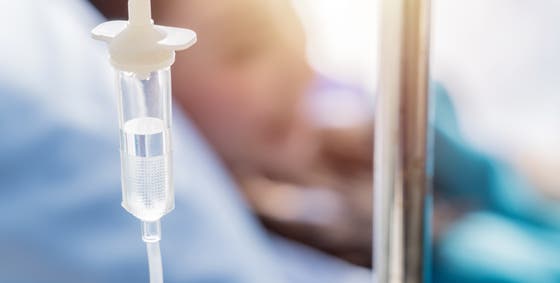
A phase 2 clinical study with a new drug candidate in adults with a corona infection will start on July 5 at UMC Utrecht. The drug, ensovibep, should accelerate the recovery from corona and prevent the need for (urgent) hospital care.
Read moreJul 1: Antibody measurement does not predict clinical outcomes in chronic Q-fever
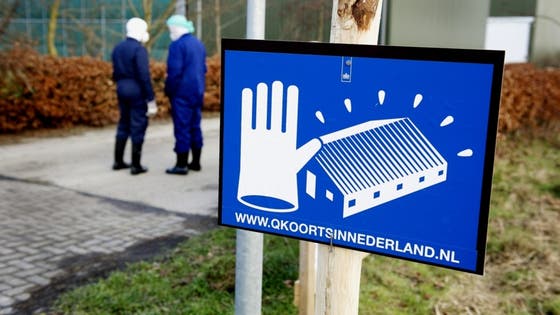
Measurement of IgG antibodies against the bacterium Coxiella burnetii does not reliably predict disease-related events or therapy failure during treatment and follow-up of patients with chronic Q-fever. Alternative markers for disease management are therefore needed. For the time being, management of patients with chronic Q-fever should be based on clinical factors, PCR test results, and imaging results. This was concluded in a Dutch study that has now been published in Clinical Microbiology and Infection.
Read moreJun 29: Antiplatelet therapy not effective in treating critically ill COVID-19 patients
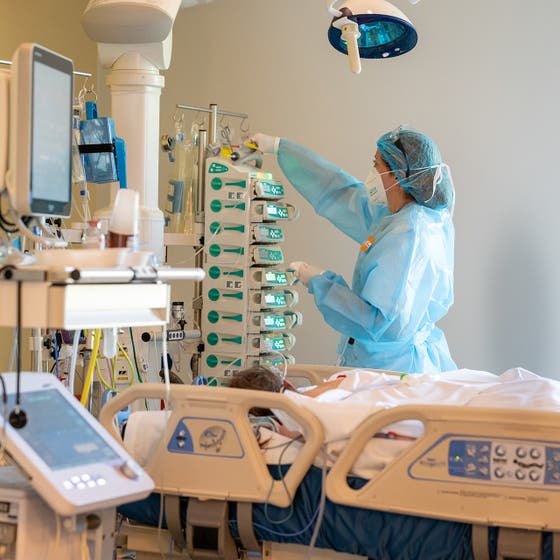
For patients with COVID-19 who are receiving organ support in an intensive care unit (ICU), antiplatelet therapy, either with aspirin or P2Y12 inhibitor (which were found to be equivalent), was ineffective at improving the composite endpoint of death and organ support free days when compared to no antiplatelet therapy.
Read moreJun 28: Psoriasis and psoriatic arthritis fall within a spectrum of one single disease

Psoriasis and psoriatic arthritis (PsA) have a predominantly shared genetic background and overlapping immunologic and proteomic signature. This confirms their denomination as falling within a spectrum of one single disease, as was concluded by Emmerik Leijten in his PhD thesis that he will defend on June 29 at Utrecht university.
Read moreJun 22: Basic research at UMC Utrecht contributes to candidate anticancer drug

Investigators at UMC Utrecht and biopharmaceutical company NextCure have published preclinical data on the LAIR family of molecules. A novel first-in-class medicine, NC410, was designed to block immune suppression mediated by LAIR-1, an immunomodulatory receptor expressed on T cells and myeloid cells, including dendritic cells. The candidate drug is currently being evaluated in a Phase 1/2 clinical study in patients with advanced or metastatic solid tumors.
Read moreJun 4: Towards a better understanding of ‘difficult-to-treat’ rheumatoid arthritis
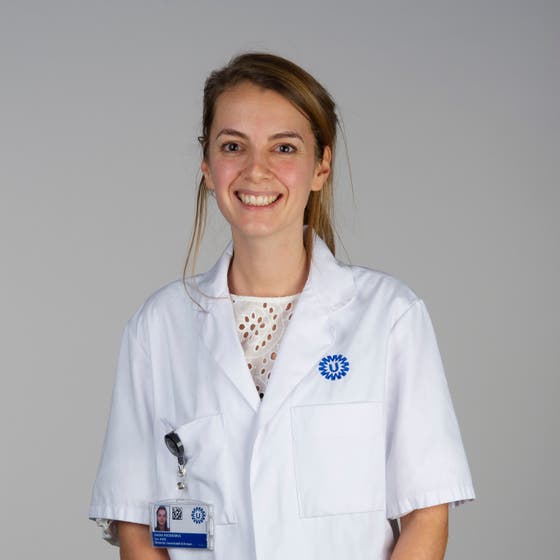
Despite significant progress in the management of rheumatoid arthritis (RA), approximately 5-20 percent of patients do not respond well to treatment (known as ‘difficult-to-treat’ RA). In her PhD research, Nadia Roodenrijs focused on this specific patient population, to define and improve our understanding of difficult-to-treat RA. This has resulted in uniform terminology and a clear definition of this patient group as well as European management recommendations specific for difficult-to-treat RA.
Read moreJun 1: José Borghans appointed Professor of Quantitative Immunology
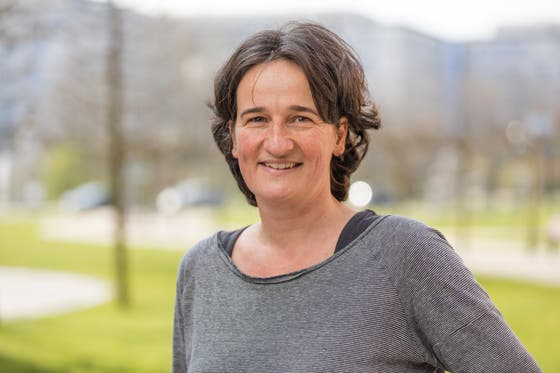
Principal investigator José Borghans of the Center for Translational Immunology (CTI), whose research interests include immunological memory in humans, has been appointed Professor of Quantitative Immunology with effect from June 1. “For me, the core of this chair is integrating mathematics and immunology in the lab.”
Read more